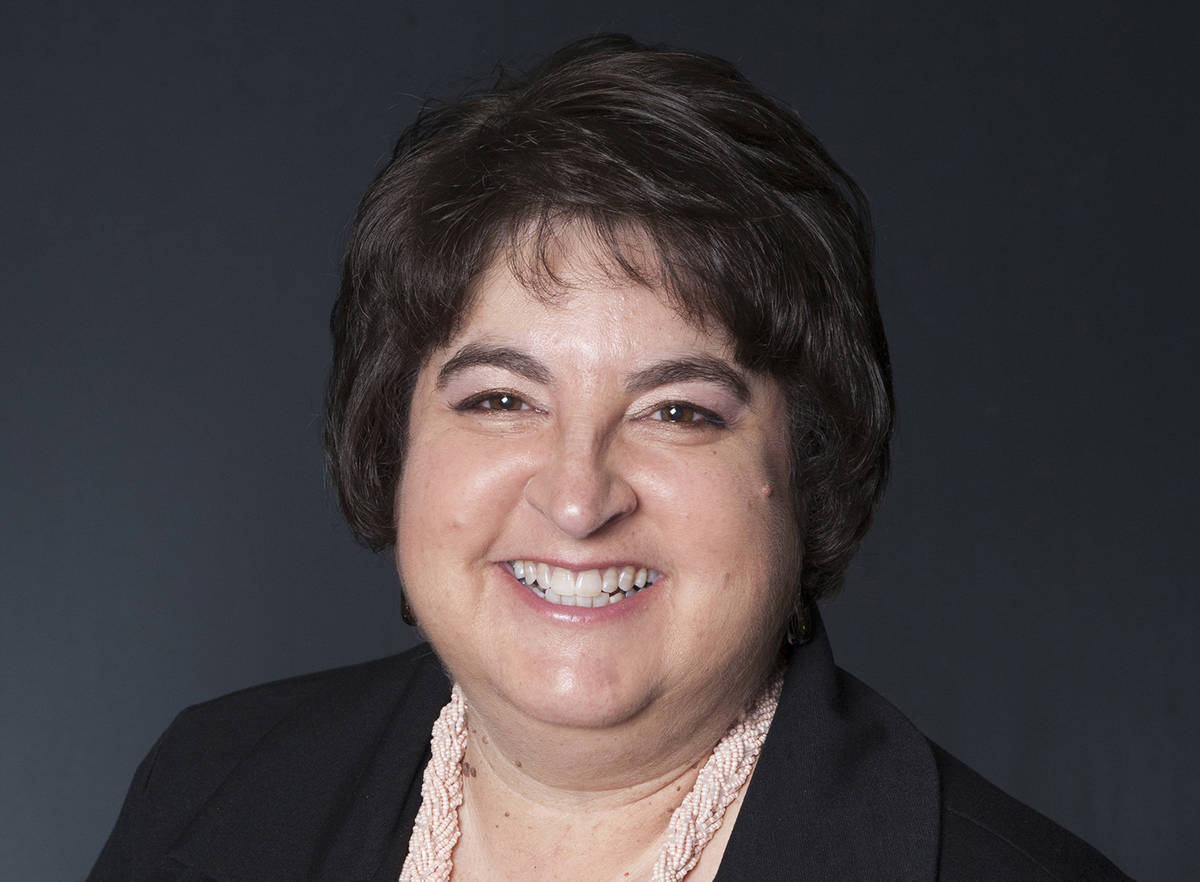Little love, luck help us through quarantine
I hope you are among the lucky ones who are quarantined at home with someone you love. I can’t imagine the feelings of loneliness that would come with being truly self-isolated.
Still, spending 24 hours a day, seven days a week for weeks on end — and with no real end in sight — may not be easy for all couples, no matter how much they love each other.
Usually, there is some type of respite — a shopping trip, visit to the gym, outing with friends or even going to work. In today’s environment, however, we are working at home, finding creative ways to exercise and doing a lot of online shopping.
Add a child or two to the mix and life gets infinitely more complicated. Not only are they not physically going to school, you have likely assumed the role of teacher or tutor. That’s definitely not an easy task.
Plus, kids need something to do in those nonschool hours. They can’t go play with their friends or practice with teammates for an upcoming competition. There’s only so much TV they can watch or video games they can play before they long for something else to do.
I’m sure they don’t want to occupy their time with boring household chores or cleaning their rooms, although that would probably make their moms and dads happy. I know that was something I was always reminding my girls about when they were younger.
This period of staying at home is trickier for divorced parents who share custody or visitation of their children. Obviously, the kids can’t be spending the time they need or are required to spend with the other parent at the moment.
All this is creating a situation where people are experiencing a higher than normal level of anxiety, according to a recent survey by the University of Phoenix. Among the survey respondents, 41 percent said they are anxious and 68 percent said they feel as if everything in their lives is out of their control.
Dean Aslinia, chairman of the counseling department at the University of Phoenix, said there are three natural physiological responses to anxiety: fight, flight or freeze. None of these reactions are ideal for keeping harmony at home.
So, what should we do?
Aslinia and Katherine Hertlein, a couple and family therapy program professor at UNLV, have some suggestions. Key among them is communication. Let each other know what you are feeling and thinking and be mindful of what you say. If a situation gets heated, Hertlein suggests taking a break of at least 20 minutes, but preferably 45, before resuming the conversation. Words hurled at another person in the heat of the moment can hurt as much as physical wounds, and often take longer to heal from.
“Take the 45-minute break before you think you need it. By the time you think you need it, it’s probably too late,” she said.
Aslinia said texting each other also works.
“If you anxiety level is so elevated you would be yelling at each other, text instead.”
Our communication doesn’t always have to be verbal either. Sitting close to each other, holding hands and smiling send big messages without uttering a word, Hertlein added.
She said we need to acknowledge that we are confined to our homes and give each other time to grieve for the things we have lost.
Hertlein and Aslinia say it is important that we work on ways to reduce anxiety in our lives and take control of the things that we can control.
“Because you’re operating from this hunched, tense place, you need to bring that anxiety down so that you can have productive interactions,” she said.
Suggestions include having a regular routine, getting some exercise, sleeping enough, eating healthy foods and regulating the amount of information you see regarding the coronavirus.
Aslinia added that parents have to make sure that they don’t let their anxiety spill over into their children’s lives. He said children may not have the necessary skills to find ways to cope with the situation and look to their parents to provide that “sense of safety, security and comfort.”
“Learn to breathe a little,” he said. “Some breathing, mindfulness and meditation go a long way to reducing anxiety.
“If something good can come from this pandemic, we can hopefully recognize the need for intentional behaviors that maintain and improve our mental health,” he added.
And if we can do that, then luck may be on all our sides.
Hali Bernstein Saylor is editor of the Boulder City Review. She can be reached at hsaylor@bouldercityreview.com or at 702-586-9523. Follow @HalisComment on Twitter.





